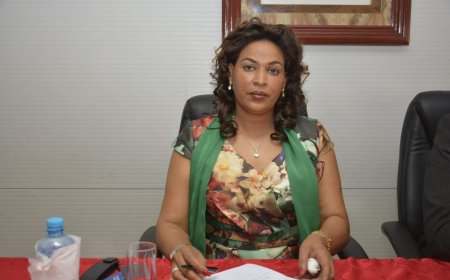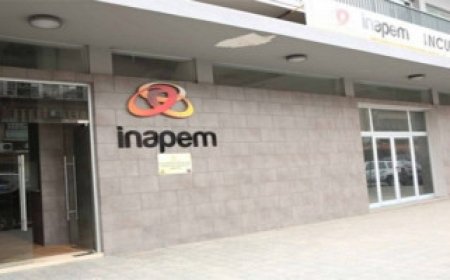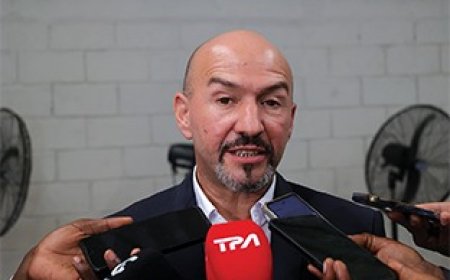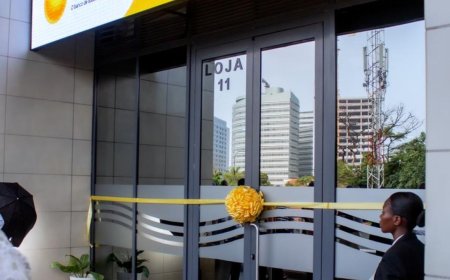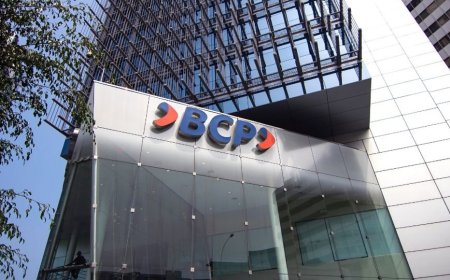Coffee production supports more than three thousand families in Líbolo, Cuanza Sul.
Around 3,652 inhabitants of the Cabuta Commune, Líbolo Municipality, Cuanza Sul Province, live from the production of coffee originating from the Cabuta farm, which contributes to high employability in the region.
The production of Robusta Coffee in the country is accentuated in areas with altitudes below 1000 m, where large production farms are concentrated and which generate several jobs and also serve as a source of income for families.
In the case of the Cabuta farm, in the same municipality, it generated more than three thousand direct jobs for residents and residents of adjacent areas.
This farm, in addition to producing coffee, also produces palm oil, the sale of which varies per unit. In the case of a 5-liter gallon, for example, it is sold for 16 thousand kwanzas, while the broomstick, with the production material being a set of 6 palm tree branches, is sold in rural areas in the order of 200 to 250 kwanzas. the liter.
The exchange of the vegetable in those areas is explored by traders from the Democratic Republic of Congo(DRC) and West Africa, who frequently travel to communes and villages in search of the oil, heading to the country's capital and neighboring Republics, where it is sold. at an above average price.
The prices of basic food products from the second to the third week of February 2024 recorded, in general terms, an increase of 0.48 percent. In the case of palm oil from the ODOMSE brand, a 1-liter can is being sold at 2,970 Kz, and the Massima brand at 3,030 Kz in the Kibabo supermarket, while a 20-liter gallon is worth 24,134 Kz, on the marketplace AngoShop.
Coffee production supports more than three thousand families in Líbolo, Cuanza Sul
Around 3,652 inhabitants of the Cabuta Commune, Líbolo Municipality, Cuanza Sul Province, live from the production of coffee originating from the Cabuta farm, which contributes to high employability in the region.

The production of Robusta Coffee in the country is accentuated in areas with altitudes below 1000 m, where large production farms are concentrated and which generate several jobs and also serve as a source of income for families.
In the case of the Cabuta farm, in the same municipality, it generated more than three thousand direct jobs for residents and residents of adjacent areas.
This farm, in addition to producing coffee, also produces palm oil, the sale of which varies per unit. In the case of a 5-liter gallon, for example, it is sold for 16 thousand kwanzas, while the broomstick, with the production material being a set of 6 palm tree branches, is sold in rural areas in the order of 200 to 250 kwanzas. the liter.
The exchange of the vegetable in those areas is explored by traders from the Democratic Republic of Congo(DRC) and West Africa, who frequently travel to communes and villages in search of the oil, heading to the country's capital and neighboring Republics, where it is sold. at an above average price.
The prices of basic food products from the second to the third week of February 2024 recorded, in general terms, an increase of 0.48 percent. In the case of palm oil from the ODOMSE brand, a 1-liter can is being sold at 2,970 Kz, and the Massima brand at 3,030 Kz in the Kibabo supermarket, while a 20-liter gallon is worth 24,134 Kz, on the marketplace AngoShop.
What's Your Reaction?










